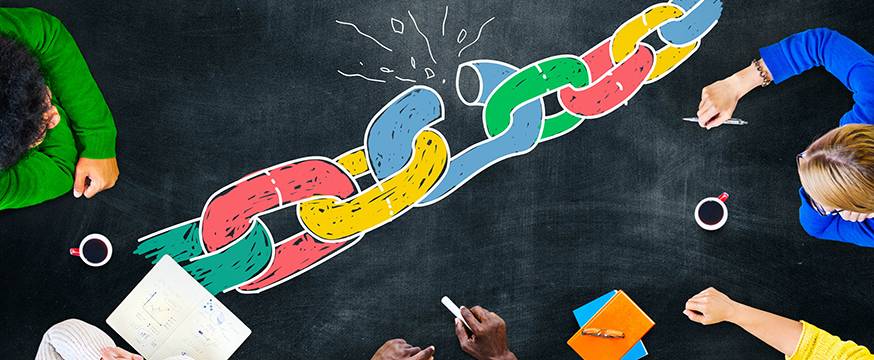
Mistakes: Providing an opportunity for learning
Research 17 May 2016 3 minute readWillingness to acknowledge and learn from failure is essential for progress, writes Geoff Masters.
Mistakes: Providing an opportunity for learning
Some organisations, industries and professions learn from mistakes better than others, states Professor Geoff Masters AO, Chief Executive of ACER.
Writing in Teacher Magazine, Professor Masters identifies two attributes necessary to effectively learn from mistakes:
- willingness to learn from failure, and
- investigative skills and systems to extract and promulgate lessons from mistakes.
A willingness to acknowledge and learn from failure is essential for progress.
‘The desire to protect personal reputations and deeply held beliefs is a key obstacle to acknowledging mistakes,’ Professor Masters writes.
‘When evidence is avoided, hidden or ignored, learning opportunities are lost. This is true for individuals; it is equally true for organisations, industries and professions.’
According to Professor Masters, learning from failure is facilitated by a culture that accepts mistakes and welcomes the learning opportunities they provide. Learning from failure also depends on systems and skills to investigate, analyse and understand errors.
Does the education system learn from mistakes?
Education is a public policy area in which initiatives are inadequately evaluated, thereby providing little opportunity for learning.
Many policy initiatives are based on personal ideologies or beliefs about what should work. Many are implemented on short timelines within the constraints of political cycles; and they disappear with changes in governments, ministers or senior bureaucrats.
‘When education policies and initiatives are denied the opportunity to fail or succeed, governments, education systems and the profession are denied opportunities to learn,’ Professor Masters writes.
Willingness to learn includes committing to investigating why initiatives have succeeded or failed. Too often in education, policies and programs are introduced with no accompanying plan to evaluate and study their impact.
Learning from mistakes requires a learning culture: a commitment to a long-term agenda to learn from evidence; a willingness to evaluate, identify and acknowledge successes and failures; and agreed systems for investigating and learning from practice.
Learning from student mistakes
If mistakes are essential to learning, to what extent is teaching designed to produce mistakes?
One way to minimise mistakes is to assign tasks within students’ comfort zones. If tasks are relatively easy, failure is unlikely. But so is learning.
Successful learning is most likely when students are given challenges beyond their comfort zones – challenges that extend them to the point of making mistakes from which they can learn.
Professor Masters concludes that effective teaching requires:
- providing opportunities for students to make mistakes and to learn, and
- investigation and diagnosis.
‘There is no point creating conditions for failure if there is no intention to investigate causes and provide feedback to guide learning,’ Professor Masters states.
Read the full article:
‘Learning from mistakes’, written by Geoff Masters and published in Teacher, is available at www.teachermagazine.com/columnists/geoff-masters
